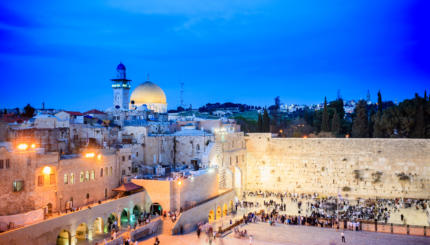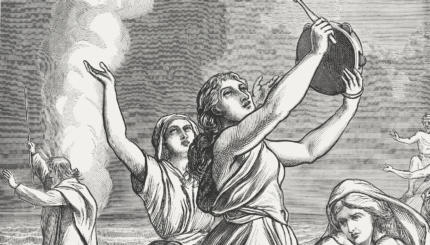At about 3:30 pm on Monday, our house in White Plains, New York lost TV and Internet service. We still had lights, and just a few minutes later, they came back on. We were hopeful.
But then, at about 6:30, I got a call from our landlord — he lost power.
Then, at about 7 pm, I started seeing Facebook statuses from people nearby saying, “No power.” So I knew it would just be a matter of time.
And indeed, about half an hour later, our lights flickered, flickered, and then went totally kaput. We joined the millions upon millions of people who lost power during Hurricane Sandy.
By Tuesday, our cell phone was running low on power, and our service was spotty at best. And we wondered — while we could hear the news through our battery-powered radio, if we had no internet and no phone, how would we connect with others? I felt very isolated — I wanted both to hear what was going on, and I wanted to tell others I was all right.
During the storm, people were certainly following the news, but even more, they were following their friends’ news. As Clay Shirky notes in
Cognitive Surplus
, our definition of “media” has changed — it’s no longer the one-way monologue of TV and radio; it’s now the conversation (both online and offline) that connects us with others.
I, too, felt a need to not only hear what others were going through, but to share my experience, as well. And what was fascinating was that I seemed to use the exact same words that so many people used to describe what was happening to them.
Facebook even provided their top ten status updates during the storm, and they probably sound a lot like what you saw or wrote:
1. we are ok
2. power – lost power, have power, no power
3. damage
4. hope everyone is ok
5. trees
6. made it
7. safe
8. thankful
9. fine
10. affected
Those phrases convey not only information, but emotion, as well. As Rabbi Rebecca Schorr just taught us, these words remind us that we share not only information but experiences with others — both joyous and scary. We have a need not only to know what is going on, but to share important events with others.
And what has inspired me the most (especially as someone who still has no power) is seeing neighbors, churches, synagogues, libraries and community organizations reaching out to others saying, “We have power — come to us.”
Indeed, while we hope that our life is easy, with few storms to toss us around, when disasters do happen, we truly see our ability and our need to connect with others. And even more striking, we see just how much it brings out the best in everyone.
Here’s hoping everyone is able to find a place of warmth, light and safety.



